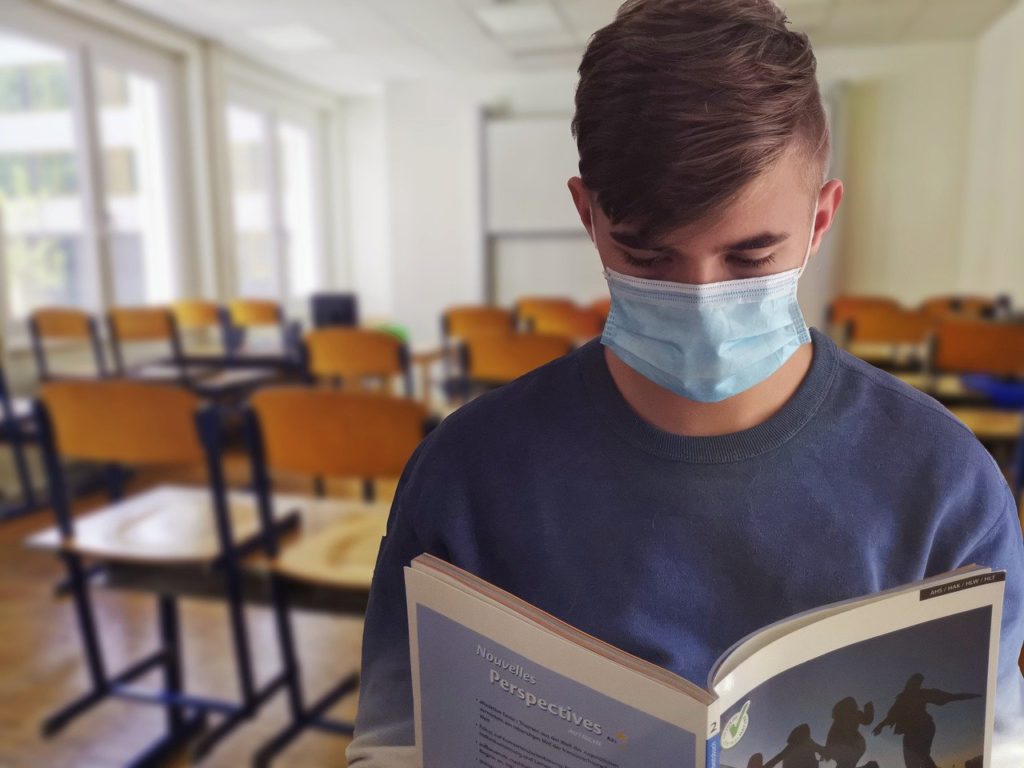In the war against COVID-19, nurses and doctors are on the frontline. The pandemic has called upon the medical community to risk their lives and save patients who have been afflicted with the highly-contagious disease. Around the world, over 300,000 healthcare workers have been infected with COVID-19. Many have lost their lives from it.
The roles of healthcare workers during the pandemic do not go unappreciated. When cities went into lockdown as surges of ill patients overwhelmed hospitals, people stood on their open windows and balconies to clap for the heroes who work fearlessly and tirelessly to provide adequate care for all those who are sick. Time Magazine named frontline workers “Guardians of the Year” in 2020 for the work they have done during this very tumultuous period of history. And, although many are still not being properly compensated for the overtime and the hazards they face every single day, the public is backing calls to increase the pay of those in the frontline of the pandemic.
This has inspired more young people to pursue a career in healthcare and public health.
The Impact of the Pandemic on the Medical Community
The pandemic has had an impact on many aspects of the healthcare industry. The companies that sell personal protective equipment have seen a major increase in demand worldwide, causing a major shortage early in 2020. Meanwhile, the global market for disposable face masks, one of the necessities of the pandemic, is expected to be worth $91.3 billion by the end of 2020, a significant growth driven solely by COVID-19.
Because of the race to develop effective treatment and vaccine against COVID-19, the pharmaceutical industry also saw heightened interest and activities. The market for scientific instruments such as dissolution apparatus, which is used in the development of effective drugs, is forecasted to swell in the next several years.
Moreover, the technology used to develop vaccines for the virus is paving the way for the future eradication of other illnesses, including malaria which infect millions of people everywhere worldwide.
Perhaps, one of the few positive impacts of the pandemic is the rising interest of young people in public health.
Increased Interest in Healthcare and Public Health Among Young People
 Schools from all over the nation are reporting a noticeable surge in enrollments across health-related programs. In Georgetown University School of Nursing and Health Studies, there was a 70% rise in the number of students who are pursuing a minor in public health in the past year. The university credits the pandemic for the increased interest in the minor which has been available to undergraduate students since 2018.
Schools from all over the nation are reporting a noticeable surge in enrollments across health-related programs. In Georgetown University School of Nursing and Health Studies, there was a 70% rise in the number of students who are pursuing a minor in public health in the past year. The university credits the pandemic for the increased interest in the minor which has been available to undergraduate students since 2018.
Brown University also saw enrollments for its master’s in public health skyrocket in the past year because of COVID-19. Applications rose by 75%, pushing the academic institution to extend its deadline.
The Association of Schools and Programs of Public Health, all in all, witnessed a 20% increase in applications for masters in public health programs across over 100 schools that use the common application, a single admission application submitted to multiple universities.
It is also happening across the Atlantic. The United Kingdom Universities and Colleges Admissions Service revealed that applications for medicine went up by 21% to 28,690 in 2020.
In addition, the conversation around public health is not exclusive to students pursuing careers in healthcare. Other majors — from psychology to government — are also expressing interest in public health. There is no doubt the pandemic has forced more people to confront the challenges that pose risks to public health.
The World Needs More Healthcare Workers
The increased interest in public health among young people will benefit the entire world. Even before the pandemic, there has been a serious shortage of healthcare workers globally. In 2020, the World Health Organization (WHO) reported that the world still needs 6 million nurses for healthcare systems to adequately provide medical attention to everyone who needs it during and after the current public health crisis.
The need for healthcare workers is most dire in developing nations where the number of new nurses is outpaced by the growth of the population. WHO hopes that, by 2030, the global shortage for healthcare workers will be addressed in all countries.
The COVID-19 pandemic has led to devastating losses. Millions around the world have already been infected with the illness. Many passed away from the complications caused by the highly-contagious virus. However, there have been a few silver linings, too, and the increased interest in healthcare and public health is one of them. Hopefully, this will make the world better prepared for pandemics that will surely arise in the future.
